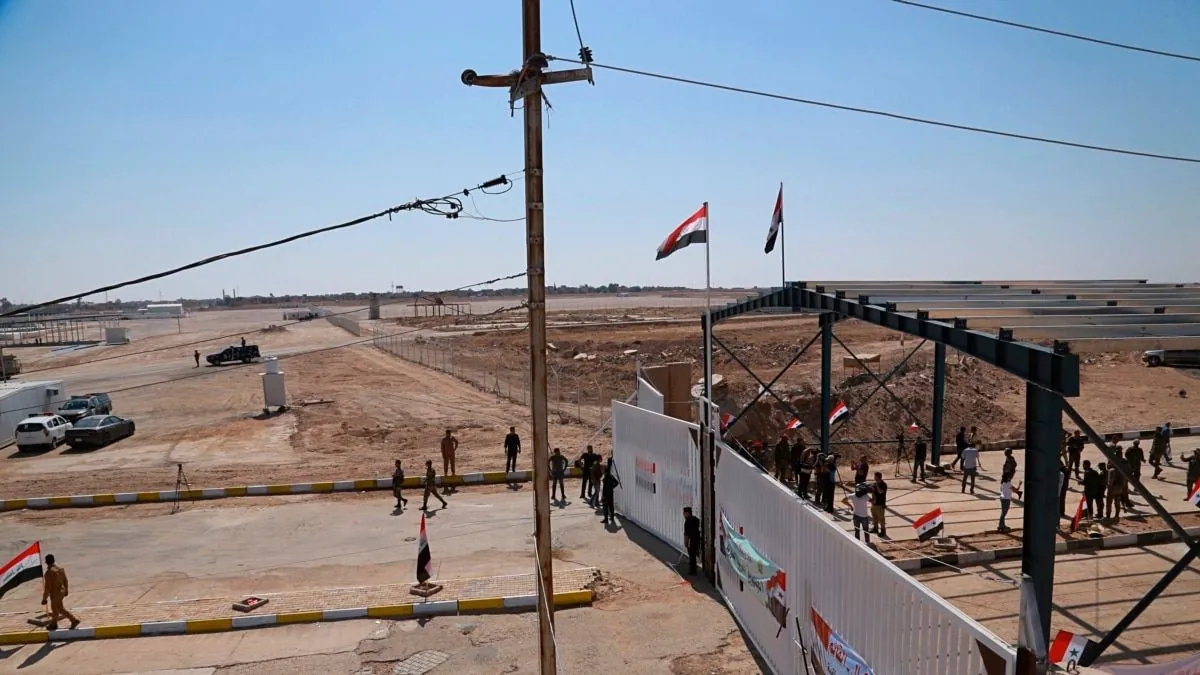On August 11, 2024, a lethal airstrike occurred near the Syria-Iraq border, resulting in the deaths of at least five fighters affiliated with pro-Iran units. The incident underscores the persistent volatility in the region, which has been a focal point of international concern for over a decade.
Two regional security sources provided information about the attack. One source indicated that the strike was executed by a drone, although the specific military responsible for the operation remains unidentified. The second source revealed that the target was a group of fighters in the process of changing shifts at a checkpoint.
The eastern border area between Syria and Iraq, spanning 599 kilometers, has been under the control of armed factions aligned with Iran. These groups have played a significant role in supporting Syrian government forces throughout the protracted civil conflict that began in 2011. Many of these factions include Iraqi armed groups that also maintain a presence on the Iraqi side of the frontier.
This border region has evolved into a hub for illicit activities, with weapons being transported from Iraq into Syria and various goods flowing in the opposite direction. The area's strategic importance is further heightened by the presence of oil resources in Syria's eastern Deir ez-Zor province.
Both the United States and Israel have conducted military operations in Syria, targeting Iran-aligned factions. The U.S. has maintained a military presence in Syria since 2014, primarily focused on combating ISIS and supporting local partners. Israel, on the other hand, has carried out numerous airstrikes, often targeting Iranian and Hezbollah positions within Syrian territory.
The use of drones in military operations has become increasingly prevalent in the Middle East, reflecting a broader trend in modern warfare. This latest incident adds to the complex web of regional tensions, involving multiple international actors and their proxies.
The Syrian government, with substantial support from Iran and Russia, has regained control over much of the country's territory. However, the eastern border region remains a contentious area, serving as a key supply route for Iranian-backed forces in Syria.
As the situation continues to evolve, the international community remains watchful of developments in this strategically significant and politically sensitive region. The ongoing conflict and cross-border activities continue to pose challenges for regional stability and security.
